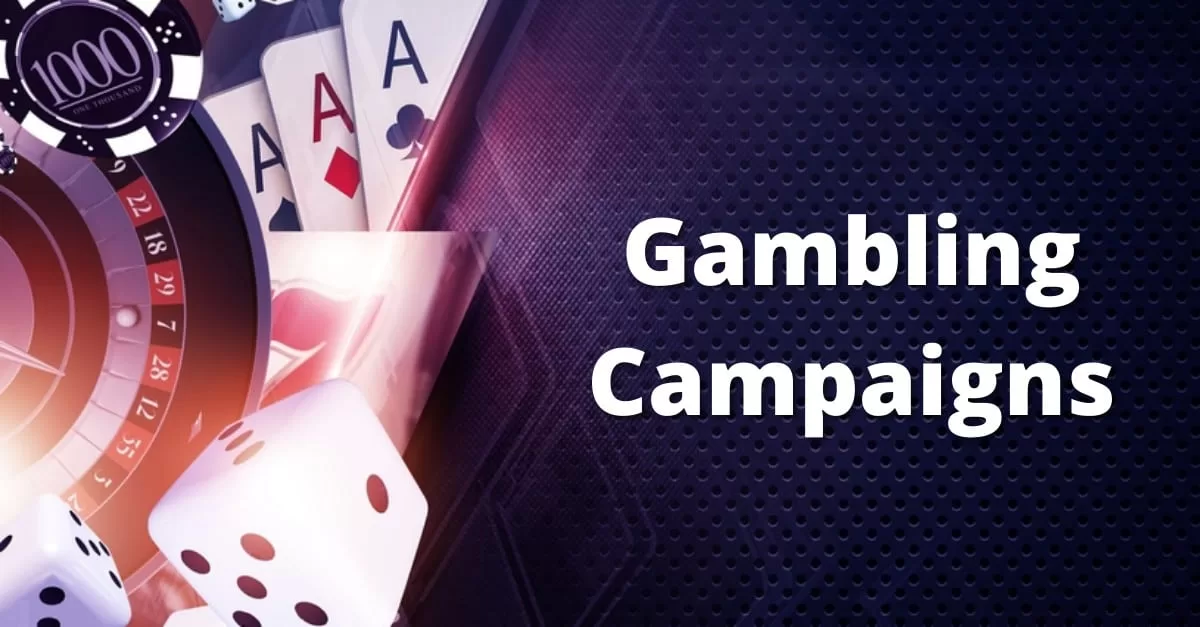According to recent statistics, approximately 5.3 million American adults are estimated to meet criteria for gambling disorder. This equates to 2.3% of the total adult population in the United States. However, research indicates that the actual rates may be far higher due to issues with problem gambling assessment and stigma surrounding disclosure.
To address this public health issue, casinos and related gambling providers have implemented a range of responsible gambling and harm minimization initiatives. These campaigns primarily focus on promoting informed consumer choice and providing support services to customers. This article will analyze the background, motivations, and effects of the growing trend towards responsible gambling in the casino sector.

Background and Motivations
The American Gaming Association (AGA) reports that gross gaming revenue in the U.S. commercial casino industry totaled over $53 billion in 2021. With gambling continuing to grow in popularity, operators have economic incentives to be seen as socially responsible businesses that tackle problem gambling issues. Implementing responsible gambling campaigns can improve public perception amongst socially conscious consumers.
Additionally, responsible gambling initiatives help wildfortune casinos comply with regulations and licensing requirements. By actively minimizing gambling risks and harms, operators reduce their potential legal liabilities. Making progress in responsible gambling is also necessary for casinos looking to expand into new jurisdictions.
Key Features of Responsible Gambling Campaigns
There are several common features found in many casino responsible gambling efforts:
Informed Decision-Making
Campaigns aim to equip customers with information to make positive choices about their gambling. This can involve displaying chances of winning for games, introducing spending limits, or making resource materials publicly available. The goal is promoting an educated understanding of gambling risks.
Access Restrictions
Operators may introduce selective policies that prevent individuals exhibiting signs of gambling addiction from accessing facilities and services. Government ID-based self-exclusion programs are a frequently used responsible gambling measure.
Support Resources
Many campaigns provide details of helplines, therapy services, and community support groups. Referring at-risk individuals to appropriate external help resources is a key harm minimization technique.
Staff Training
Frontline zimpler casino employees receive training for identifying customers with potential gambling problems and appropriately responding according to company responsible gambling policies.
Advertising Standards
Responsible gambling requirements introduced by regulators mandate that casino marketing materials meet certain ethical advertising standards. This ensures messaging does not unduly pressure or mislead vulnerable people.
Performance Indicators
Evaluating the effects of responsible gambling initiatives presents challenges due to the complex individual, social and environmental variables associated with disordered gambling.
However accurate KPIs are essential for continually improving existing campaigns. Metrics used by casinos include:
- Self-exclusion participation rates
- Utilization rates for gambling support services
- Responsible gambling awareness amongst customers
- Frequency of at-risk customer interventions
- Percentage of informed choice advertising
The Impact Going Forward
Research suggests well-designed responsible gambling measures can contribute to positive public health outcomes. A 2010 study found the introduction of attendant training at 10 Wisconsin casinos led to increased customer awareness and use of problem gambling resources.
However experts emphasize that collaboration with public health bodies, regulators and community groups is vital for maximizing the effectiveness over the long term. Sustainable progress relies on coordinated, evidence-based policies that balance business objectives with social obligations.
Conclusion
Promoting responsible gambling and directly tackling issues surrounding gambling addiction are growing priorities across the casino sector. The motivations are both ethical and economic. While assessing the impact can be difficult, well-planned campaigns that emphasize informed choice, supply control and support do appear to provide benefits. With gambling expanding across America, responsible gambling initiatives shall continue to evolve and expand.
